Harry Potter and the Cursed Translators
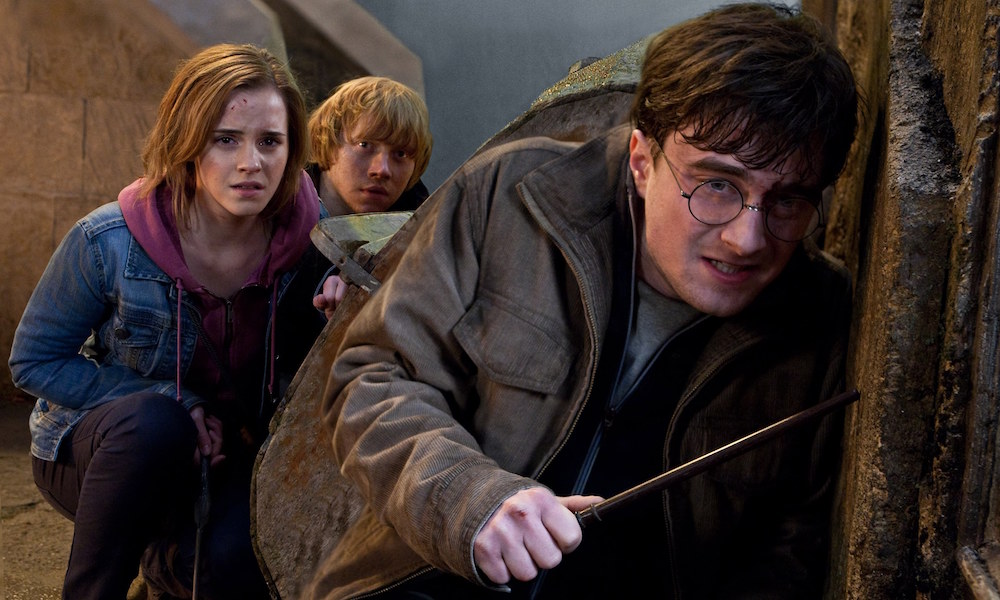
With spin-off series Fantastic Beasts and Where to Find Them debuting in cinemas and sequel play Harry Potter and the Cursed Child almost completely sold out for the next year, this is the return of a beloved franchise for fans worldwide, but the return of an awful headache for the translators who bring it to them.
It may have taken a lot of courage to cross the barrier to Platform 9¾, but the hardest barrier Harry Potter has crossed may well be the language one. As translation experts Global Voices point out, promoting international female writers around the world is important. Bringing JK Rowling’s magnum opus to a worldwide audience clearly helps with this, but her virtuoso use of wordplay and wild imagination made translating the Wizarding World almost as difficult as defeating Voldemort himself.
With the Boy Who Lived taking centre stage once again, these translators are in for another triwizard tournament of translation trickery. But how hard will it be?
Harry Potter’s Translators and the Beloved Children’s Book Series
The original series of Harry Potter books are some of the most widely-read books of all time, and this is largely thanks to the books being translated into 73 languages. When the first book was released, it was even “translated” into US English, with the title changed from Harry Potter and the Philosopher’s Stone to the more telling Harry Potter and the Sorcerer’s Stone. This version also had changes to words and phrases, such as “pitch” becoming “field” and “nutter” becoming “maniac”.
These changes were widely criticised as being unnecessary and taking away from the book’s distinctive Britishness, so later books crossed the Atlantic in their original form. Bringing this Britishness to non-English-speaking audiences, though, proved more difficult.
JK Rowling’s linguistic innovation in the Harry Potter series is complex and layered, making it very difficult to translate. References to British culture, wordplay and frequent invented words meant translating Harry Potter was much more difficult than your average translation job. Famous words like “muggles” and “quidditch” all needed foreign language equivalents.
Character names in particular proved a challenge as some of them are implicitly descriptive. Severus Snape, for example, has all the connotations that come with “severe” and “snake” in English, but if his name was kept intact, this would be lost in translation. The Italian translator changed “Snape” to “Piton”, which sounds like python in Italian.
The most complicated name to translate was the real name of Lord Voldemort. In English it is Tom Marvolo Riddle, which is infamously an anagram of “I am Lord Voldemort”. The French translator renamed him Tom Elvis Jedusor, which unravels into “Je suis Voldemort”, but unfortunately conjures up the image of the world’s most powerful dark wizard singing It’s Now or Never in a white leotard.
Clearly, this was hard work, and it was no easier once the films came along.
Harry Potter’s Translators and the Record-Breaking Film Franchise
When the Harry Potter books were transfigured for the silver screen, wizarding wordsmiths had new challenges to face. The bright side was that the original British English editions were released untouched in America, and character names more often than not remained the same. But since the films raised the books’ popularity, publishers began to pressure translators to their work much faster than ever before to avoid leaks. French translator Jean-François Ménard, for example, had to turn around the entire 700-plus page Harry Potter and the Goblet of Fire in just 63 days. It took many people longer than that just to read it.
Aside from the speedier book translations, the films themselves had to be translated too. While each country’s distributor had the already-translated books to work from, translating film subtitles is very different, and as exemplified in these Chinese Harry Potter subtitle mixups, it doesn’t always go well. These mistakes, such as the bizarre repeated use of the word “melon” were thankfully carried out by bootleggers, not official translators, who no doubt did a better job with their official subtitling.
Dubbing also has its fair share of problems to solve. Harry is referred to as Mister Potter by his teachers throughout the series, the German equivalent of which would be Herr Potter, but due to the mouth movements, this substitution would not work, so “Mister” remains in the movie.
Dialect has also proven difficult for dubbing. Hagrid’s West Country dialect was replicated in the Japanese dub with Tōhoku dialect, which has a similar meaning to Japanese viewers. The Irish Gaeilge dub of Harry Potter, however, drew ridicule from viewers for failing to convey Voldemort’s intimidating nature.
Harry Potter’s Translators and the New Phase of Potter
With the agonising ordeal of the original series, it is doubtful that many translators are looking forward to these new additions to the franchise. Fantastic Beasts, in particular, has all the makings of a translation nightmare with its various invented creature names. The film’s multiple foreign names can be found on IMDB, most of which faithfully translate to the film’s English title.
Fans will have to come to London to watch Harry Potter and the Cursed Child live, and as of now the cast are only performing it in English (and, spoiler alert: parseltongue). But that hasn’t stopped publishers hiring translators to put out localised versions of the script as a hardback book. Considering the play’s plot (spoiler alert: it’s complicated), this was no mean feat for our intrepid interpreters.
The question all this troublesome tongue-twisting raises is this: is it worth it? The answer, unfortunately enough for the translators, could be no. As Byte Level reports, those translating the Wizarding World are “badly paid” and “virtually invisible,” perhaps locked in the literary cupboard under the stairs.
On the upside, however, these translators are bringing so much magic to millions of people around the world, and that in itself is priceless. Harry Potter may have defeated Lord Voldemort, but as far as we’re concerned, these translators are the real wizards.
The editorial unit


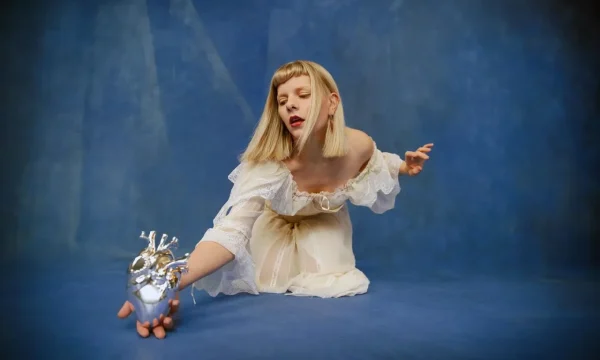


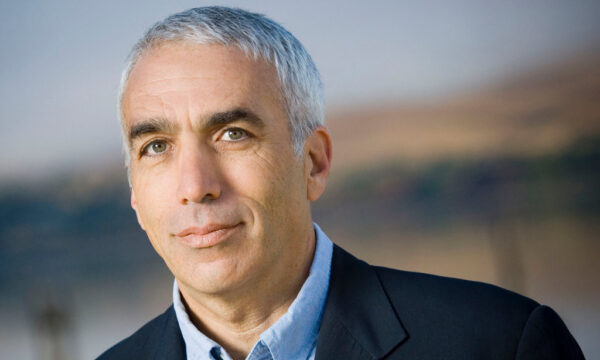
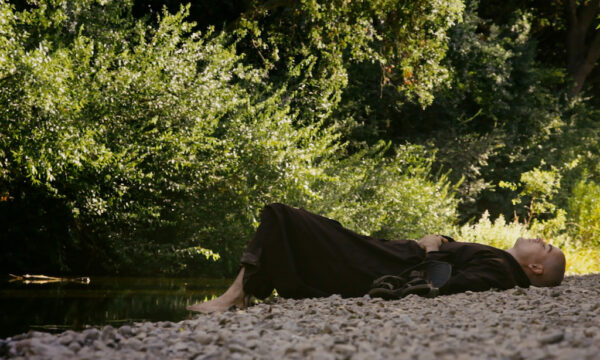






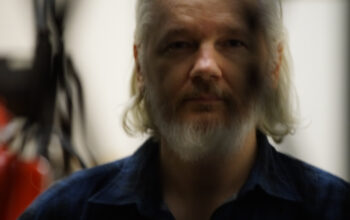



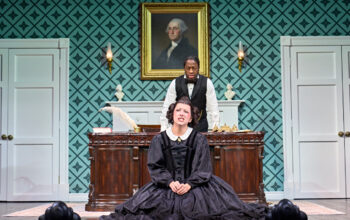







Facebook
Twitter
Instagram
YouTube
RSS